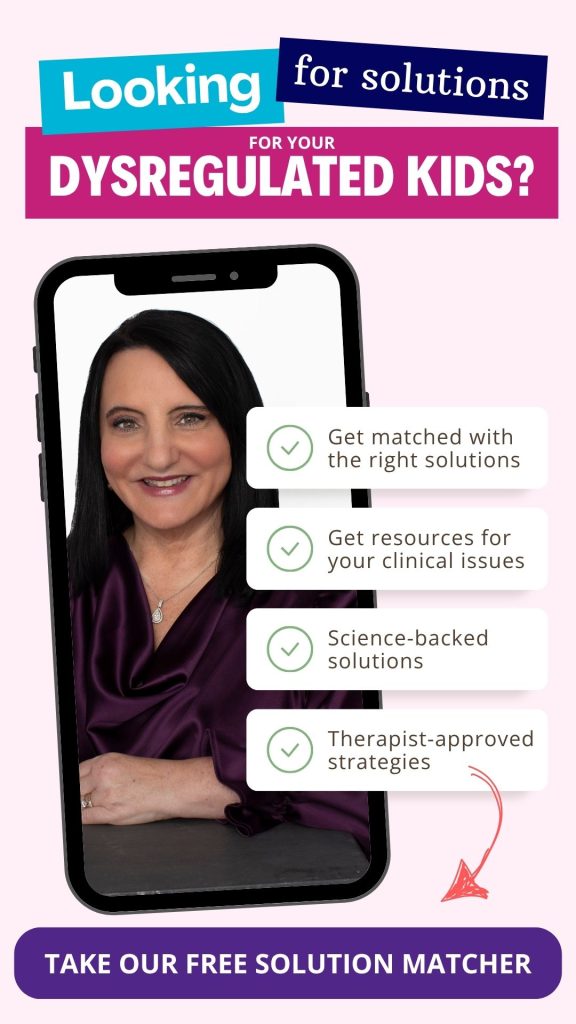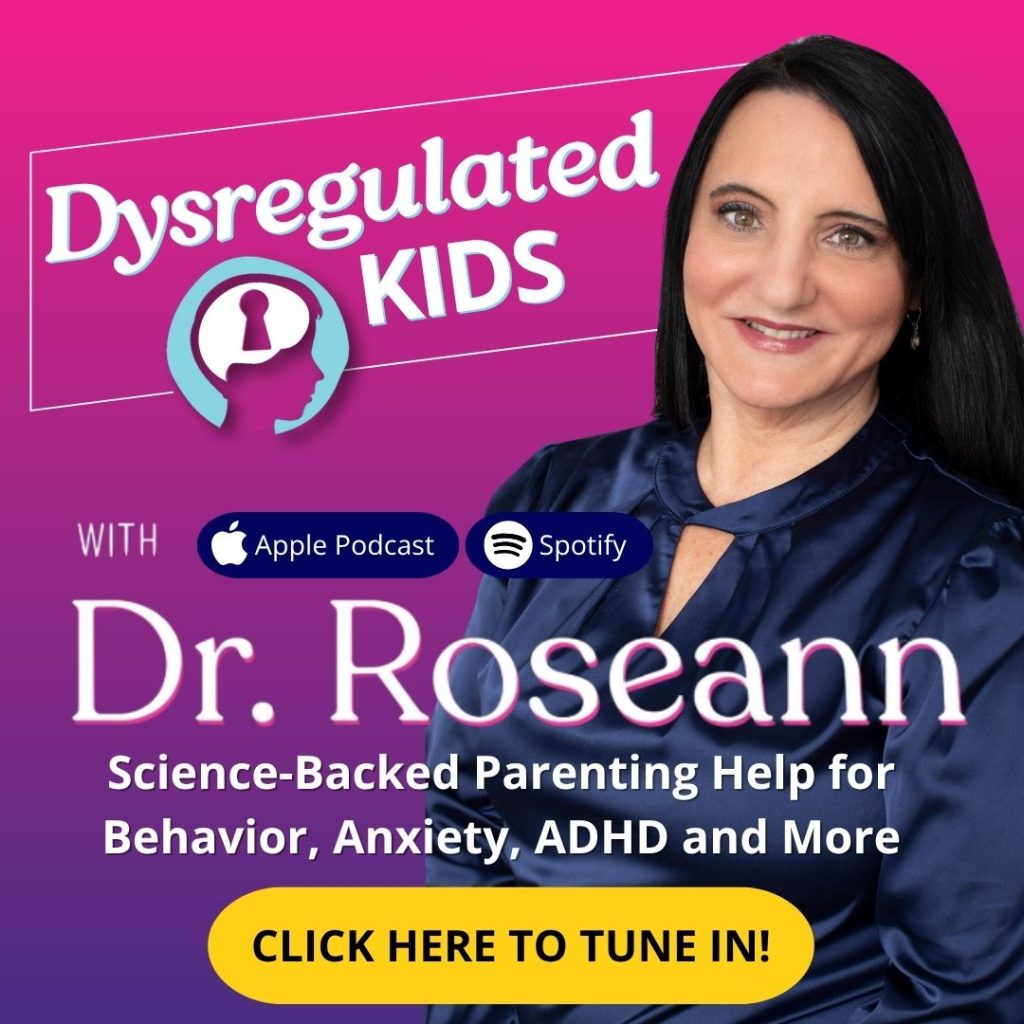Estimated reading time: 10 minutes
When your kid melts down, it’s easy to blame “bad behavior” or look for quick fixes. But trust me, there’s way more bubbling beneath the surface.
Parenting styles act like the thermostat for their emotions—sometimes cooling things off and other times turning the heat up higher than anyone wants. Ever catch yourself wondering if your approach is helping or making things trickier? You’re definitely not alone in that.
This isn’t about pointing fingers. It’s about spotting patterns that either help your child find calm or push their brain into chaos. Think of it like tuning a radio—sometimes the signal comes through crystal clear, other times it’s all static and fuzz.
Let’s dive into how your way of parenting shapes your child’s sense of safety and how their brain reacts when the pressure’s on. This isn’t a list of “shoulds” or “shouldn’ts.” It’s more like slipping on fresh glasses to see your parenting with kindness and brain science working hand in hand.
Parenting Styles: More Than Just Labels
Most parents know the classic styles—authoritative, authoritarian, permissive, neglectful. Real-life parenting is messier and far more fluid.
Parenting lives on a spectrum where warmth meets structure. What matters most is how your patterns shape your child’s growing nervous system.
Those patterns affect:
- Their sense of safety at home
- Whether they ask for help when things get hard
- How they recover from frustration, disappointment, or anxiety
For kids already struggling with dysregulation, your parenting style works like a thermostat—either cooling emotions or cranking up the heat.
Behavior is the symptom. Brain regulation is the solution. When you help their brain find calm, you’re not just easing today’s meltdown — you’re building tomorrow’s resilience.
Read more about: Causes of Dysregulation
How Nervous System First Parenting™ Changes Everything
Nervous System First Parenting™ shifts the focus from behavior correction to nervous system regulation. Instead of asking, “How do I stop this behavior?” you ask, “What does this nervous system need to calm and feel safe?”
When the brain is regulated, kids can listen, think, learn, and cope. Meltdowns decrease, communication improves, and discipline becomes more effective because the child is no longer stuck in survival mode.
By supporting regulation first, behavior change stops being a battle—and starts becoming a natural outcome of a calmer nervous system.
The Neuroscience of Safety: How Parenting Sets the Stage for Regulation
Your child’s brain is wired like a security system, always scanning for signs of safety. Consistent, tuned-in care teaches it to relax, even in chaos (Smorti et al., 2024).
Without safety, emotional balance feels like walking a tightrope in the wind. Harsh or unpredictable parenting can lock the nervous system in high alert—like a smoke alarm blaring over burnt toast.
For kids with ADHD, anxiety, autism, or PANS/PANDAS, that alarm sounds quicker and louder. Your response becomes either a sturdy umbrella or gasoline on the fire.

When kids feel regulated, you’ll see:
- Faster recovery after frustration
- More willingness to ask for help
- Greater flexibility under stress
- Fewer meltdowns and more problem-solving
Regulate the brain and everything else starts to shift.
Authoritative Parenting: A Balance of Warmth and Structure
Authoritative parenting blends warmth with clear limits—kind of like gripping the wheel steady while rain lashes sideways on the highway. It tells a child’s brain in no uncertain terms: You’re safe here, and boundaries help you grow strong.
Why does this matter so much? Because kids in that environment often:
- Feel deeply supported rather than judged
- Accept boundaries without feeling fenced in
- Build problem-solving and self-control like muscles getting tougher with every rep
Research keeps pointing in the same direction—this parenting style links with better emotional health, greater resilience, and fewer behavior blow-ups (Awiszus et al., 2022).
What matters is creating a steady, compassionate space where the nervous system can shift out of overdrive and into calm. That’s where families move from just scraping by to thriving in ways they never imagined.
Authoritarian Parenting: When Control Overrides Connection
Authoritarian parenting runs on strict rules with barely a drop of warmth. On paper that can look like order, yet for a child with a sensitive nervous system it can feel like living under a never-ending storm cloud.
When control overshadows connection, kids often:
- Feel unsafe sharing what’s really going on inside
- Stay stuck in fight-or-flight mode even in safe situations
- Develop anxiety or oppositional behaviors just to protect themselves
Research shows that authoritarian approaches often stall a child’s social and emotional growth, limiting core skills like empathy, self-control, and problem-solving (Vasiou et al., 2023).
For a dysregulated kid, that “control yourself or else” message goes head-to-head with their biology. Their brain hears danger, their body stays on high alert, and calm feels a million miles away.
That’s why I always tell parents — calm the brain first, then watch your child’s potential unfold.
Permissive Parenting: The Risks of Lack of Limits
Permissive parents give warmth but few boundaries. It may feel loving, yet the lack of structure can rob kids of chances to build self-regulation.
Without limits, dysregulated children may:
- Get frustrated when real-world rules appear
- Struggle to develop coping tools with inconsistent consequences
- Feel anxious or act out when expectations shift
Predictable structure paired with warmth supports emotional regulation and resilience (Vasiou et al., 2023). A child’s nervous system thrives on steady rhythms and gentle guidance — like a sailboat catching a steady wind — not endless freedom that leaves them drifting.
With the right balance, kids can anchor, grow, and thrive.
Neglectful Parenting: The Impact of Emotional Disconnection
Neglectful parenting means kids miss steady care and attention. Without that steady presence, their nervous system feels out of sync.
You might notice they:
- Struggle to form secure attachments
- Find it hard to manage emotions when safety seems distant
- Face higher chances of ongoing dysregulation, anxiety, or mood swings
Research shows neglectful parenting often leads to emotional regulation struggles and behavior issues that stick around well into adolescence (Goagoses et al., 2023).
Imagine a boat tossed by waves without an anchor—unstable and drifting. That’s what a child’s brain feels without consistent care.
Calming the brain first isn’t just a helpful step; it’s the foundation for lasting change.
The Subtlety of Mixed Parenting Styles and Their Effects
Most parents don’t fit into just one parenting style.
Life gets messy. Stress, situations, or a kid’s mood can flip the script at any moment. That kind of back-and-forth? It confuses a child’s nervous system big time.
Imagine hearing “sometimes I’ve got your back” then “you’re on your own or in trouble.” Mixed signals like that keep the brain stuck in uncertainty. It’s like walking a tightrope with no safety net — exhausting and scary.
When nervous systems live in that “wait and see” zone, settling down feels almost impossible. That’s why steady, consistent care matters more than anything. Build that foundation, and everything else starts to fall into place.
Why Understanding Your Parenting Style Matters More Than Changing It Overnight
If you see yourself in these descriptions, feeling overwhelmed or guilty totally makes sense.
But here’s the thing—parenting styles aren’t fixed labels slapped on you. They’re patterns shaped by your history, values, stress, and what resources you’ve got in your corner.
No need to rush fixing yourself or your kid right away. Awareness cracks open a door for curiosity and kindness about how your style dances with your child’s unique brain wiring.
Even tiny shifts toward connection, consistency, and gentle structure can help their nervous system slowly find balance.
Think of it like tuning a radio—sometimes it takes a few twists before the signal clears. This journey isn’t about perfection. It’s about building steady calm so your child can truly thrive.
When Parenting Styles Meet Neurodiversity: Why One Size Doesn’t Fit All
Children with neurodevelopmental differences — like ADHD, ASD, or PANS/PANDAS — often have nervous systems that react differently to parenting approaches.
For instance:
- An authoritarian style might spike anxiety or trigger shutdown in a sensory-sensitive child.
- A permissive approach could leave a kid craving predictability feeling overwhelmed.
Even authoritative parenting needs extra patience and flexibility when neurodiversity’s in the mix. Getting to know your child’s unique wiring helps you fine-tune your parenting beyond labels — tuning into their nervous system so regulation feels possible, not impossible.
How the Parent-Child Relationship Shapes Regulation Long-Term
Your relationship with your child shapes how they manage emotions over time. Parenting styles influence this connection, guiding it toward closeness or distance.
When children feel seen and heard—even in tough moments—their brains learn emotions aren’t threats but signals they can handle. This safety rewires their nervous system toward resilience.
But fear and inconsistency keep the brain stuck in stress, making calm feel impossible. Your steady presence becomes their anchor, helping emotions flow with less chaos. That balance lets kids thrive—not just survive.
Dysregulation is the Clue, Regulation is the Solution.
The Role of Parental Self-Regulation in Shaping Your Child’s Brain

Parenting isn’t just about the style you read about—it’s how you manage your own emotions when things get real.
Staying calm amid stress turns you into a steady lighthouse for your child’s stormy nervous system. That’s co-regulation: a powerful signal telling their brain it’s safe to follow your lead.
This kind of connection works across all styles but truly thrives in authoritative parenting—where warmth and structure meet steady calm.
What This Means for You as a Parent of a Dysregulated Child
Parenting styles shape your child’s emotional and behavioral regulation by setting the stage for safety, predictability, and connection.
Understanding how your approach affects their nervous system isn’t about blame — it’s about gaining clarity. That clarity gives you power: to spot patterns, choose connection over control, and build calm environments instead of chaos.
Parenting a dysregulated child is tough, but knowing how your style impacts their brain brings hope.
For practical tools to soothe your child’s nervous system and transform behavior, explore the Dysregulation Solution. It focuses on nervous system balance — the key to unlocking your child’s potential. Start your journey here.
FAQs
Can the way I parent really affect my child’s nervous system?
Yes. Your responses set the emotional “thermostat” in the home—either helping your child’s brain settle or keeping it on high alert.
What parenting habits can stress my child’s nervous system?
Inconsistency, harsh discipline, constant pressure, or lack of emotional connection can keep a child’s nervous system stuck in stress mode.
What parenting habits help calm and support my child’s regulation?
Predictable routines, calm communication, empathy, and co-regulation (using your calm to help their calm) give their nervous system a safe reset.
If I’ve been parenting in ways that add stress, is it too late to change?
Not at all. The nervous system is adaptable, and even small shifts in how you respond can make a big difference over time.
Citations
Awiszus, A., Koenig, M. ., & Vaisarova, J. (2022). Parenting Styles and Their Effect on Child Development and Outcome. Journal of Student Research, 11(3). https://doi.org/10.47611/jsrhs.v11i3.3679
Goagoses, N., Bolz, T., Eilts, J. et al. Parenting dimensions/styles and emotion dysregulation in childhood and adolescence: a systematic review and Meta-analysis. Curr Psychol 42, 18798–18822 (2023). https://doi.org/10.1007/s12144-022-03037-7
Smorti, M., Milone, A., Fanciullacci, L., Ciaravolo, A., & Berrocal, C. (2024). Parenting and Emotional and Behavioral difficulties in a general population sample of adolescents: The mediating role of emotional dysregulation. Children, 11(4), 435. https://doi.org/10.3390/children11040435
Vasiou, A., Kassis, W., Krasanaki, A., Aksoy, D., Favre, C. A., & Tantaros, S. (2023). Exploring Parenting Styles Patterns and Children’s Socio-Emotional Skills. Children (Basel, Switzerland), 10(7), 1126. https://doi.org/10.3390/children10071126
Always remember… “Calm Brain, Happy Family™”
Disclaimer: This article is not intended to give health advice and it is recommended to consult with a physician before beginning any new wellness regime. *The effectiveness of diagnosis and treatment varies by patient and condition. Dr. Roseann Capanna-Hodge, LLC does not guarantee certain results.
Are you looking for SOLUTIONS for your struggling child or teen?
Dr. Roseann and her team are all about science-backed solutions, so you are in the right place!










